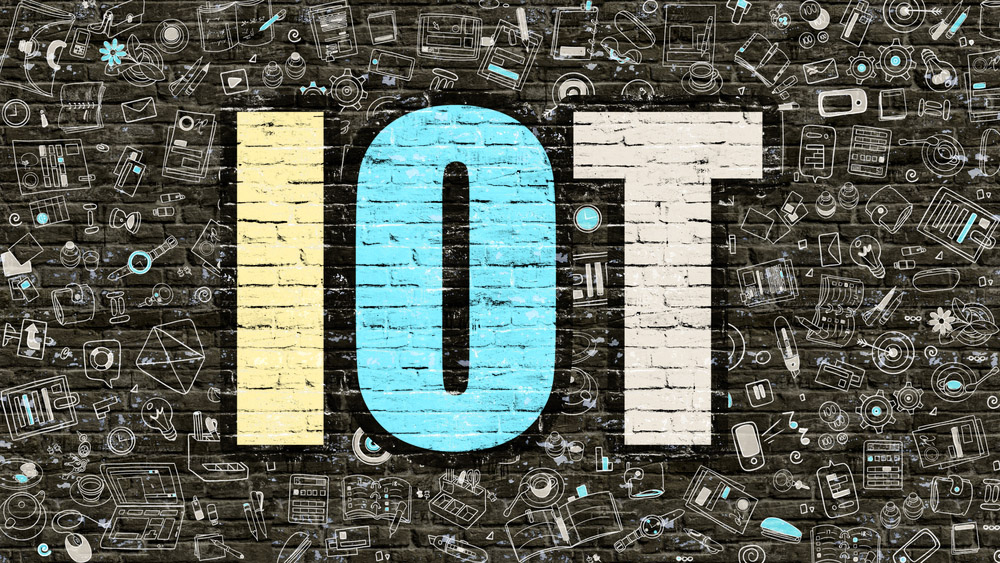Improved employee efficiency
When we think of Internet of Things (IoT), it can be easy to fall into the trap that such connectivity will merely make devices and machines more efficient and intelligent. This is an understatement. The IoT will actually greatly improve human efficiency, having an incredibly positive impact on the workplace. Smart devices will help employees to organise their time better and serve them information before they even realise they need it.
Imagine smartphones that plan out a route to a meeting for an employee before they even think about opening Google Maps, simply because the meeting is in their calendar. It will automatically set an alarm to ensure they wake up in time, based on traffic data and GPS movement of the employee. It will also alert said employee that they need to visit the petrol station on the way if they want to avoid breaking down on their journey. It may even ping an email to meeting attendees automatically if they are running late due to traffic.
Aside from assisting staff with their typical working duties, the rise of IoT will make people in general more efficient, which will yield great benefits in the workplace.
Enhanced accessibility
A rise in connected devices will increase the adoption of remote working. It will become much easier for employees in different locations to connect and communicate effectively. Video collaboration robots will make it easier for employees to have a virtual ‘presence’ in a meeting, rather than trying to decipher conversations via poor Skype connections.
Not only will this benefit the general population, it will also open up many new employment opportunities for people with disabilities. As their physical presence won’t be required on location.
Unprecedented security holes
Although IoT will provide numerous benefits to the modern workplace, it will also throw up some challenges, particularly for IT departments. Undoubtedly, a new variety of security holes will emerge, bringing new types of threats we couldn’t even begin to imagine presently.
The more touchpoints a network has, the more vulnerable it is likely to be. The sheer amount of connected devices alone will create vulnerabilities. This will be particularly challenging for smaller IT departments that are restricted by budget and will require continuous training and learning as well as purchasing the latest IT security devices and applications.
Dealing with data
IoT relies on lots of data being processed, analysed and understood in order to run effectively. While many mainstream devices will run off data externally, IT departments wishing to integrate their applications will need to be adept at handling and processing data in larger volumes than ever before. This alone is a specialist skill, with many experts warning that there is a serious skills shortage in this area.
I believe IoT is a very exciting concept for enterprise. It will be interesting to see how different industries and businesses adopt the new technology and how it will alter the current workplace as we know it. We are just at the beginning of a very exciting technology journey.




